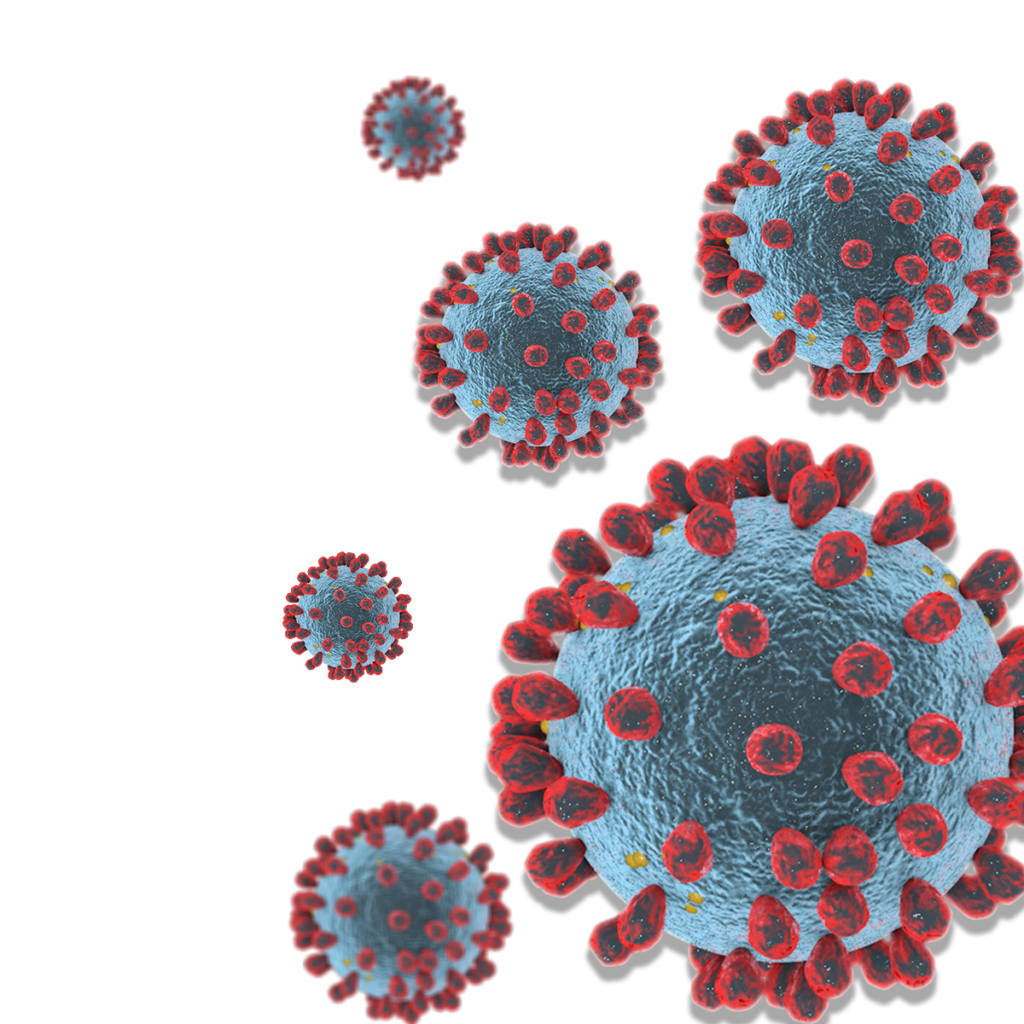
Currently authorized vaccines in the United States are highly effective at protecting vaccinated people against symptomatic and severe COVID-19. Additionally, a growing body of evidence suggests that fully vaccinated people are less likely to have asymptomatic infection or transmit SARS-CoV-2 to others. How long vaccine protection lasts and how much vaccines protect against emerging SARS-CoV-2 variants are still under investigation.
For the purposes of this guidance, people are considered fully vaccinated for COVID-19 >2 weeks after they have received the second dose in a 2-dose series (Pfizer-BioNTech or Moderna), or ≥2 weeks after they have received a single-dose vaccine (Johnson & Johnson [J&J]/Janssen)±; there is currently no post-vaccination time limit on fully vaccinated status. Unvaccinated people refers to individuals of all ages, including children, that have not completed a vaccination series or received a single-dose vaccine.
Data suggest immune response to COVID-19 vaccination might be reduced in some immunocompromised people including, but not limited to, people receiving chemotherapy for cancer, people with hematologic cancers such as chronic lymphocytic leukemia, people receiving stem cells or organ transplants, people receiving hemodialysis, and people using certain medications that might blunt the immune response to vaccination (e.g., mycophenolate, rituximab, azathioprine, anti-CD20 monoclonal antibodies, Bruton tyrosine kinase inhibitors).
People who are immunocompromised should be counseled about the potential for reduced immune responses to COVID-19 vaccines and the need to continue to follow current prevention measures (including wearing a mask, staying 6 feet apart from others they don’t live with, and avoiding crowds and poorly ventilated indoor spaces) to protect themselves against COVID-19 until advised otherwise by their healthcare provider. Close contacts of immunocompromised people should also be encouraged to be vaccinated against COVID-19 to help protect these people.
CDC will continue to evaluate and update public health recommendations for fully vaccinated people as more information, including on new variants, becomes available. Further information on evidence and considerations related to these recommendations is available in the Science Brief.
Guiding Principles for Fully Vaccinated People
- Indoor and outdoor activities pose minimal risk to fully vaccinated people.
- Fully vaccinated people have a reduced risk of transmitting SARS-CoV-2 to unvaccinated people.
- Fully vaccinated people should still get tested if experiencing COVID-19 symptoms.
- Fully vaccinated people should not visit private or public settings if they have tested positive for COVID-19 in the prior 10 days or are experiencing.
- Fully vaccinated people should continue to follow any applicable federal, state, local, tribal, or territorial laws, rules, and regulations.
Recommendations for Indoor and Outdoor Settings
Risk of SARS-CoV-2 infection is minimal for fully vaccinated people. The risk of SARS-CoV-2 transmission from fully vaccinated people to unvaccinated people is also reduced. Therefore, fully vaccinated people can resume activities without wearing a mask or physically distancing, except where required by federal, state, local, tribal, or territorial laws, rules, and regulations, including local business and workplace guidance. Fully vaccinated people should also continue to wear a well-fitted mask in correctional facilities and homeless shelters. Prevention measures are still recommended for unvaccinated people.
Travel
Fully vaccinated travelers are less likely to get and spread SARS-CoV-2 and can now travel at low risk to themselves within the United States. International travelers need to pay close attention to the situation at their international destinations before traveling due to the spread of new variants and because the burden of COVID-19 varies globally.
Wearing a mask over your nose and mouth is required on planes, buses, trains, and other forms of public transportation traveling into, within, or out of the United States and while indoors at U.S. transportation hubs such as airports and stations. Travelers are not required to wear a mask in outdoor areas of a conveyance (like on open deck areas of a ferry or the uncovered top deck of a bus).
Domestic travel (within the United States or to a U.S. territory)
- Fully vaccinated travelers do not need to get a SARS-CoV-2 viral test before or after domestic travel, unless testing is required by local, state, or territorial health authorities.
- Fully vaccinated travelers do not need to self-quarantine following domestic travel.
- For more information, see Domestic Travel During COVID-19.
International travel
- Fully vaccinated travelers do not need to get tested before leaving the United States unless required by their destination.
- Fully vaccinated air travelers coming to the United States from abroad, including U.S. citizens, are still required to have a negative SARS-CoV-2 viral test result or documentation of recovery from COVID-19 before they board a flight to the United States.
- International travelers arriving in the United States are still recommended to get a SARS-CoV-2 viral test 3-5 days after travel regardless of vaccination status.
- Fully vaccinated travelers do not need to self-quarantine in the United States following international travel.
- For more information, see International Travel During COVID-19.